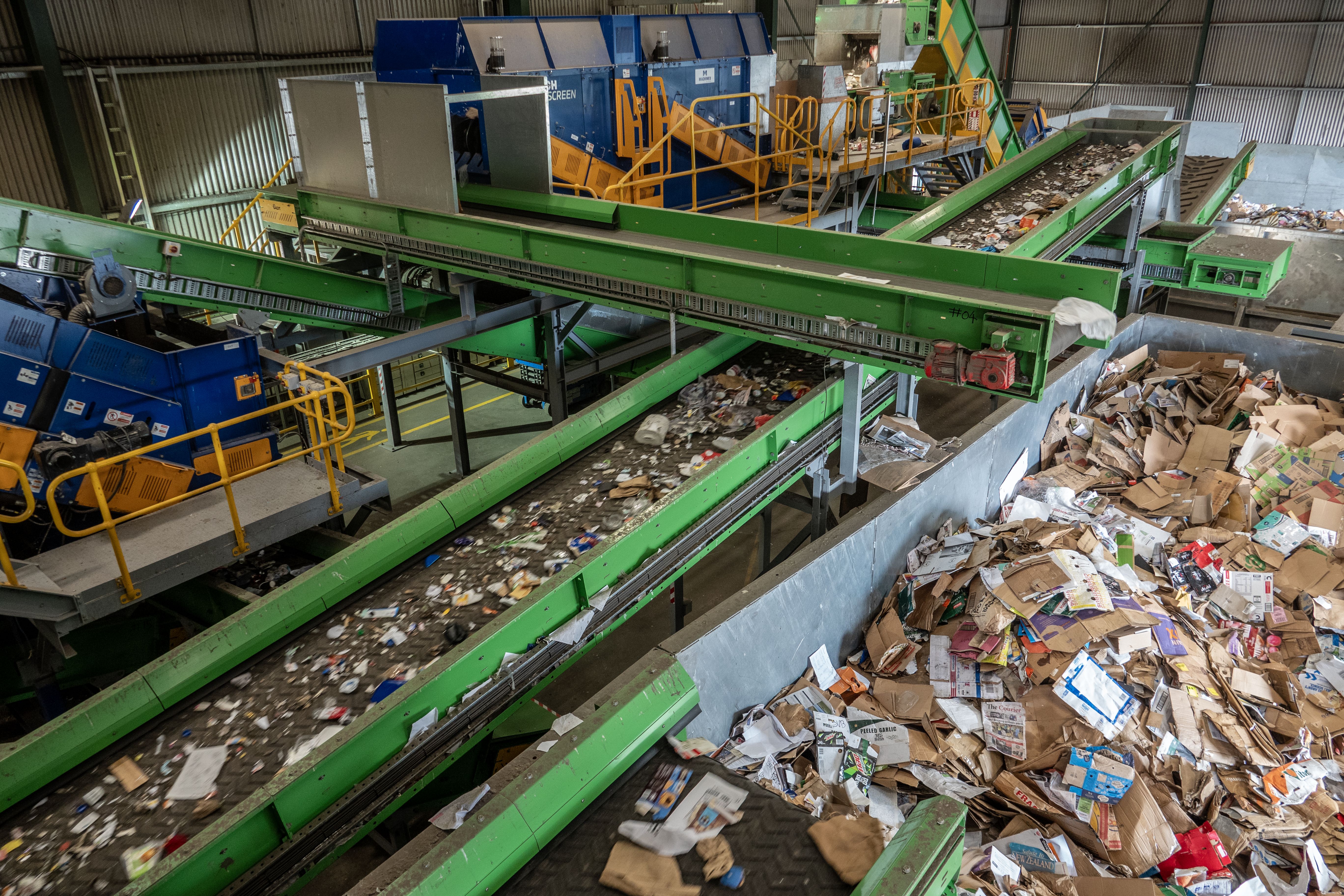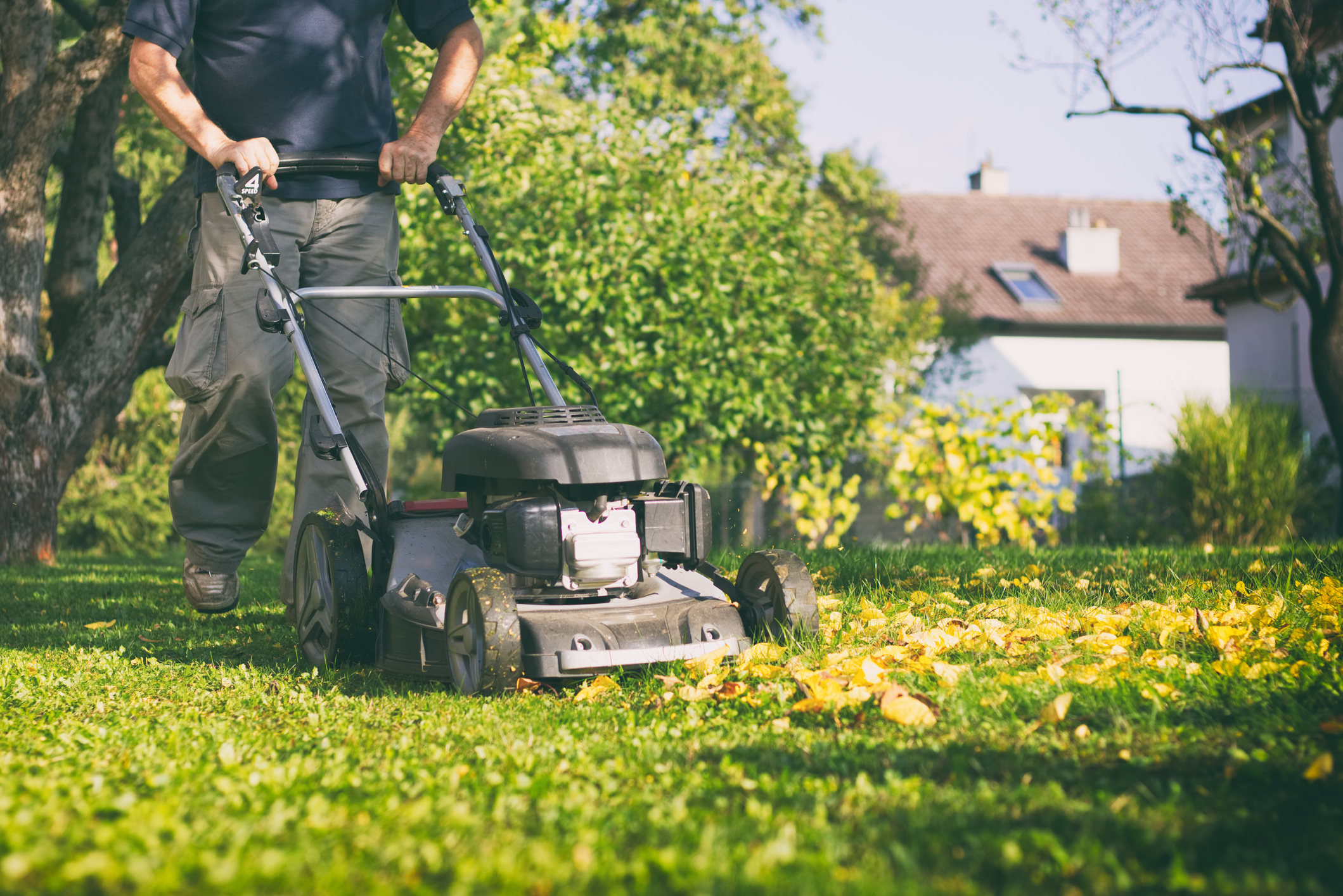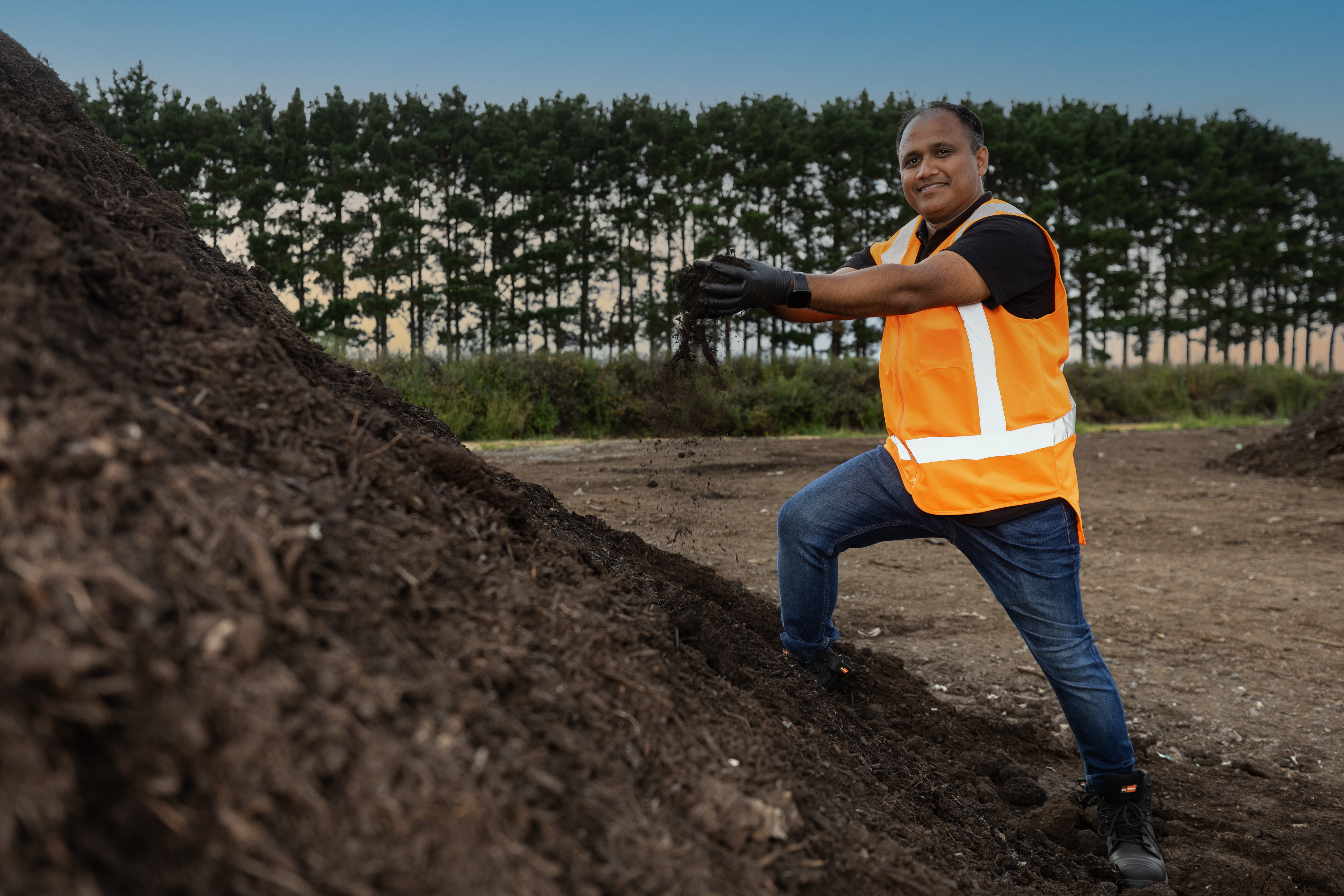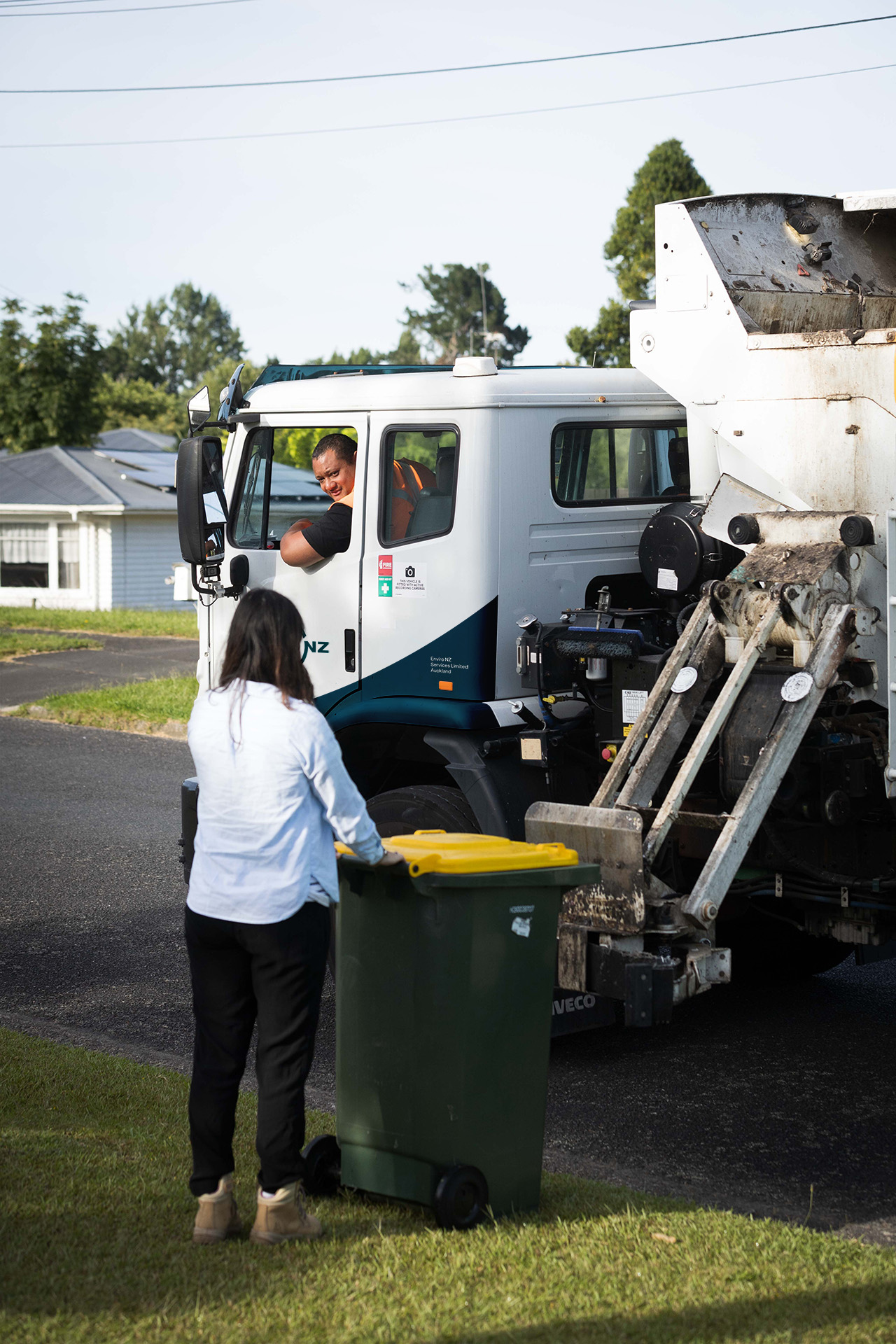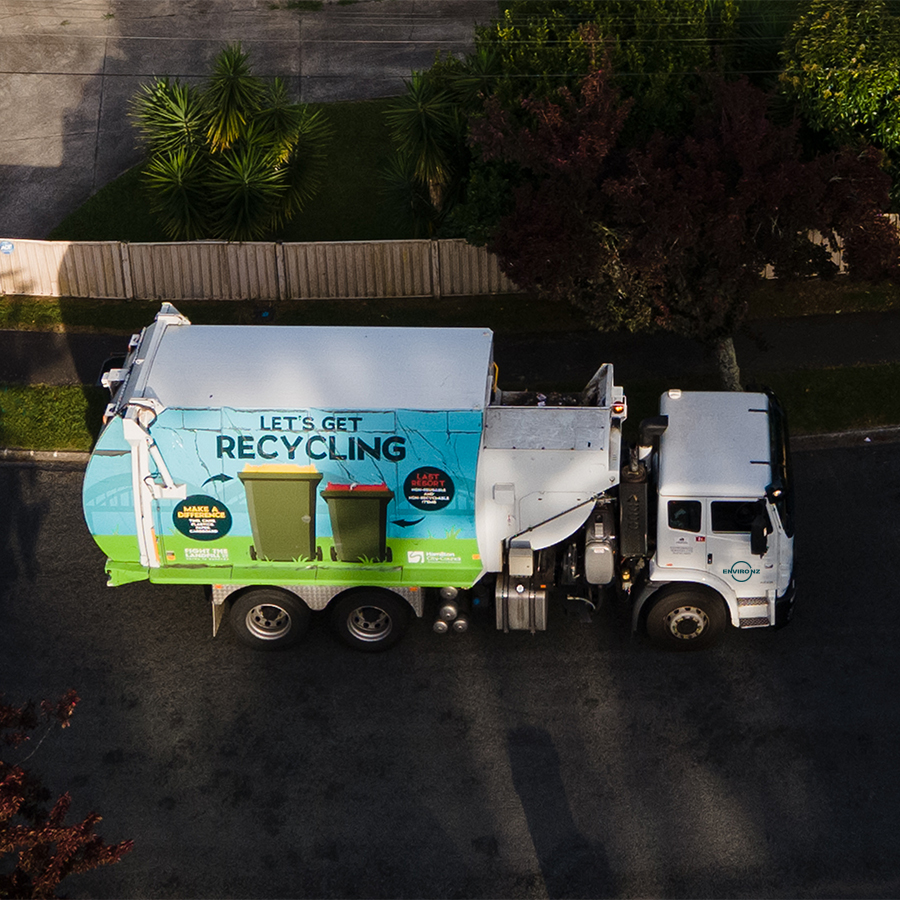Changes to service over Christmas and New Year:
BRANCHES
Ashburton
Office will be closed – 25th & 26th Dec 2023 and 1st & 2nd Jan 2024
Frontload Services - will operate during the Xmas period 26th Dec – 30th Dec and 2nd Jan – 6th Jan
Gantry Services – will cease from 23rd Dec and resume on 4th Jan 2024.
Auckland
Office will be closed – 25 Dec 2023 and 1st Jan 2024
Frontload Services – Will not operate on the 25th Dec and 1st Jan, any collections scheduled on either of these days will be completed the following day
Gantry Services and Huka Services – will not operate on the 25th Dec 2023 and 1st Jan 2024, any collections scheduled on either of these days will be completed on the following day
Scheduled Commercial Handybins will be completed as normal
Garden Wheelie service will operate one day delayed between 25th Dec – 6th Jan 2024.
Christchurch
Office will be closed – 25th Dec & 26th Dec and 1st Jan & 2nd Jan
All services – Any services for Christmas day will be done on Saturday 23rd or if closed caught up on the 27th Dec.
Dunedin
Office will be closed – 25th & 26th Dec 2023 and 1st – 2nd Jan 2024
Gantry Services will not be operating on 25th & 26th Dec 2023 and 1st & 2nd Jan 2024
Frontload and commercial handybin services will not be operating 25th Dec 2023
Residential Handybin services will not be operating 25th Dec 2023 – these services will be moved to Saturday 30th Dec 2023
Residential Handybin services will not be operating 1st Jan 2024 – these services will be moved to Saturday 6th Jan 2024.
Gisborne
Office will be closed - 25th & 26th Dec 2023 and 1st – 2nd Jan 2024
No services will be operating on 26th & 27th Dec 2023 and 1st & 2nd Jan 2024.
Kapiti
Office will be closed – 25th & 26th Dec 2023 and 1st – 2nd Jan 2024
No services will be operating on 25th Dec 2023 and the 1st Jan 2024.
Masterton
Office will be closed – 25th Dec – 8th Jan 2024
Wheelie Bins
– Due for collection on Monday 25th Dec will be done on Tuesday 26th Dec, all other days will operate as normal
– Due for collection on Monday 1st Jan will be done on Tuesday 2nd Jan, all other days will operate as normal
Frontload
– No collections on 26th Dec, normal collection 27th Dec –30th Dec
Gantry Services
– No collection on 27th Dec – 30th Dec, normal collections will resume on 3rd Jan.
Nelson
The office will be closed 25th & 26th Dec 2023 and 1st – 2nd Jan 2024
All services will operate as normal.
New Plymouth
The office will be closed 25th & 26th Dec 2023 and 1st – 2nd Jan 2024.
Otorohanga
Office will be closed 25th & 26th Dec 2023 and 1st – 2nd Jan 2024
All services will operate as normal.
The recycle centre will be closed on 25th Dec and 1st Jan.
Palmerston North & Wanganui
The office will be closed 25th & 26th Dec 2023 and 1st – 2nd Jan 2024
All services booked for Monday 25th Dec will be completed on Saturday 23rd Dec
All services booked for Monday 1st January will be completed on Saturday 30th Dec.
Taupo
The office will be closed 25th & 26th Dec 2023 and 1st – 2nd Jan 2024
All services will operate as normal with the exception of Christmas day.
Tauranga
Office will be closed – 25th & 26th Dec 2023 and 1st – 2nd Jan 2024
Gantry services will not operate on 25th Dec – 27th Dec and 2nd – 3rd Jan. All other services will operate as normal.
Timaru
Office will be closed 25th & 26th Dec 2023 and 1st – 2nd Jan 2024
For our commercial customers Frontload services will not operate 25th Dec & 1st Jan.
Huka services will not operate between 24th Dec to 8th Jan.
Tokoroa
Office will be closed – 25th Dec – 4th Jan.
Waikato
Office will be closed – 25th & 26th Dec and 1st Jan & 2nd Jan
Gantry services will not operate on 25th – 26th Dec and 1st – 2nd Jan
All other services will operate as normal.
Lower Hutt, Porirua, Upper Hutt - Commercial and Residential
Monday 25th December – No collections. Please have your bin out Tuesday 26th Dec
Monday 1st January – No collections. Please have your bin out Tuesday 2nd January.
Wellington - Commercial and Residential
Monday 25th December – No collections. Please have your bin out Saturday 30th December
Monday 1st January – No collections. Please have your bin out Saturday 6th January.
Kapiti - Commercial and Residential
Monday 25th December – No collections. Please have your bin out Saturday 23rd December
Monday 1st January – No collections. Please have your bin out Saturday 30th December.
TRANSFER STATIONS
Hokitika
Closed 25th Dec, 26th Dec and 1st Jan
Onehunga (Pikes Point) - Auckland
Closed 25th Dec and 1st Jan
Mairangi Bay
Closed 24th & 25th Dec and 31st & 1st Jan
Patiki Road
Closed 24th & 25th Dec and 31st & 1st Jan
Wiri - Auckland
Closed 25th Dec and 1st Jan
Pukekohe - Franklin
Closed 24th & 25th Dec and 31st & 1st Jan
Palmerston North
Closed 25/26 Dec and 1st Jan
